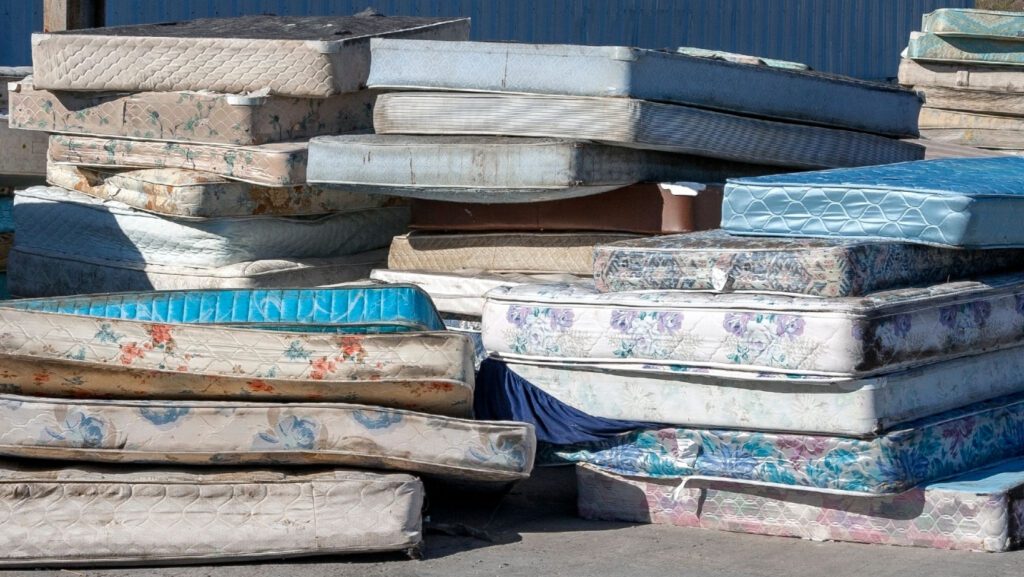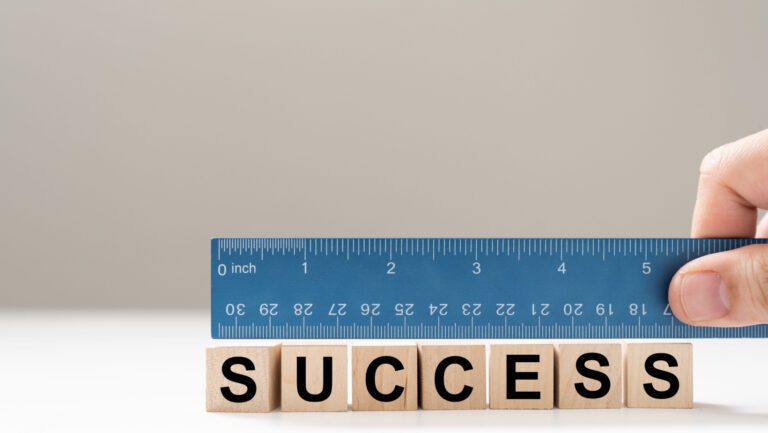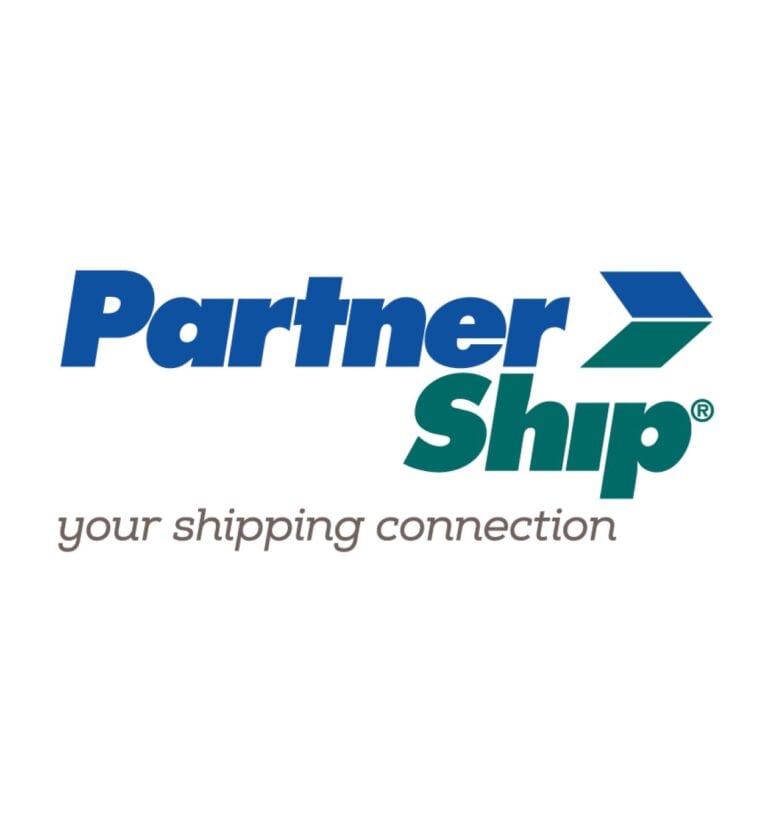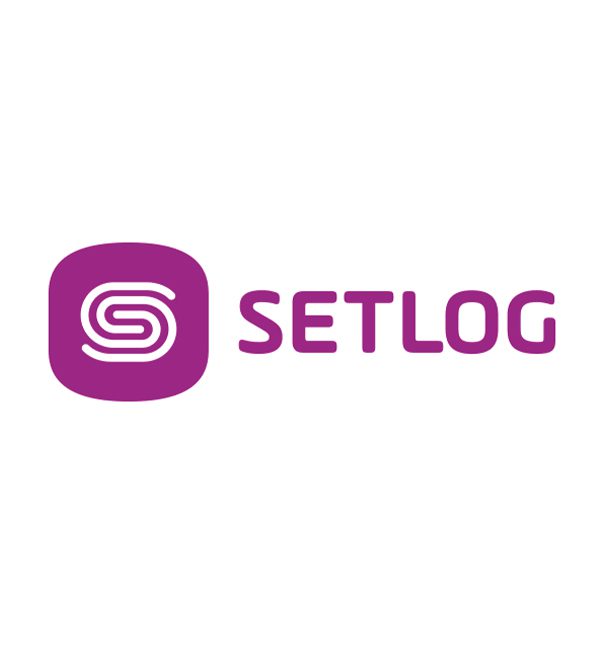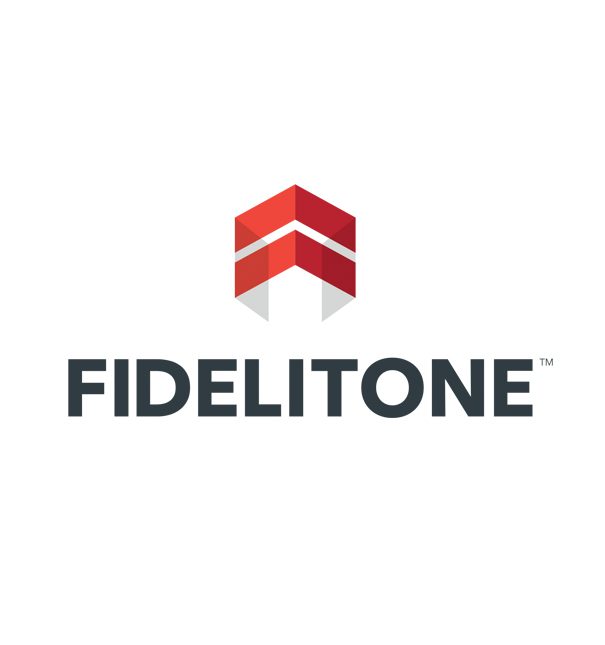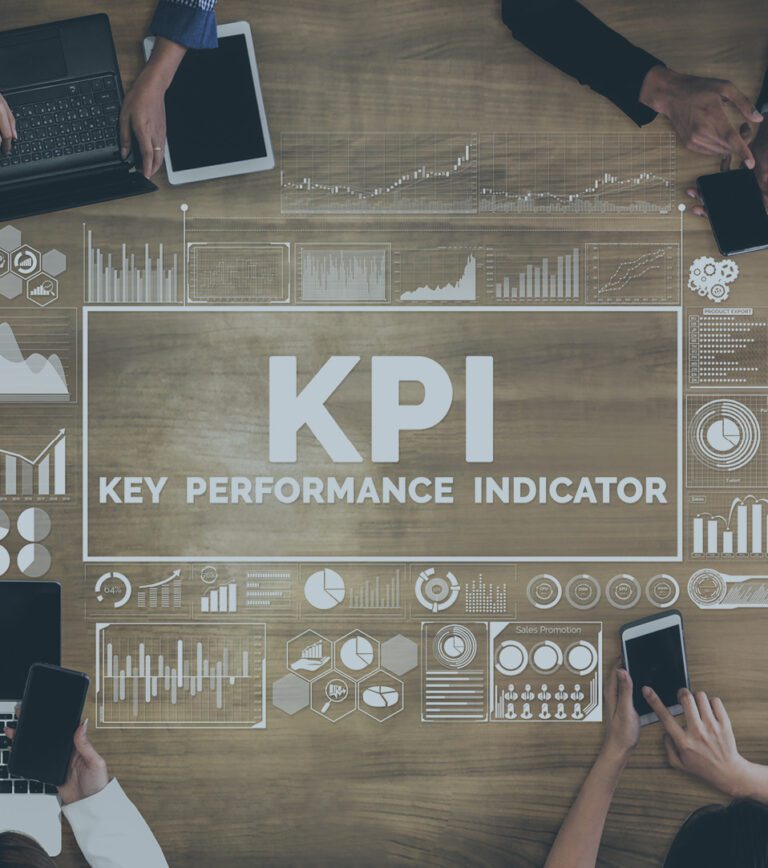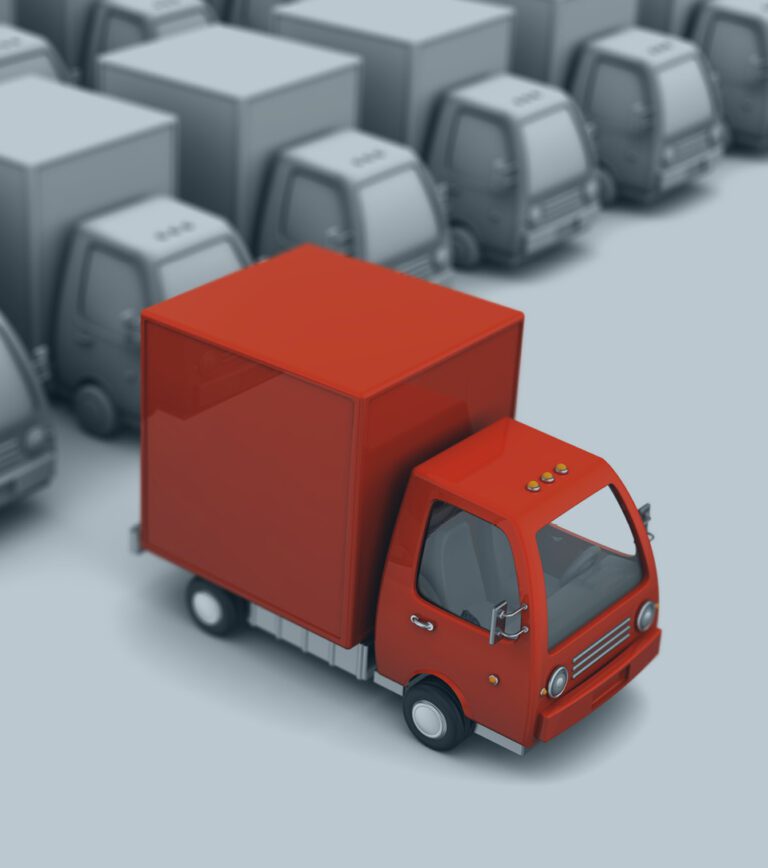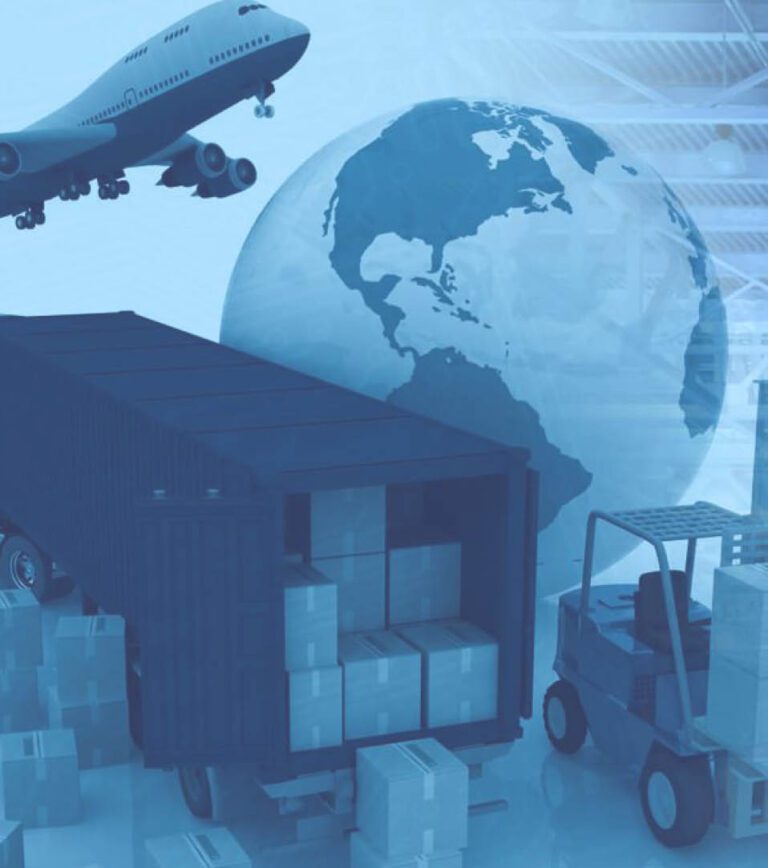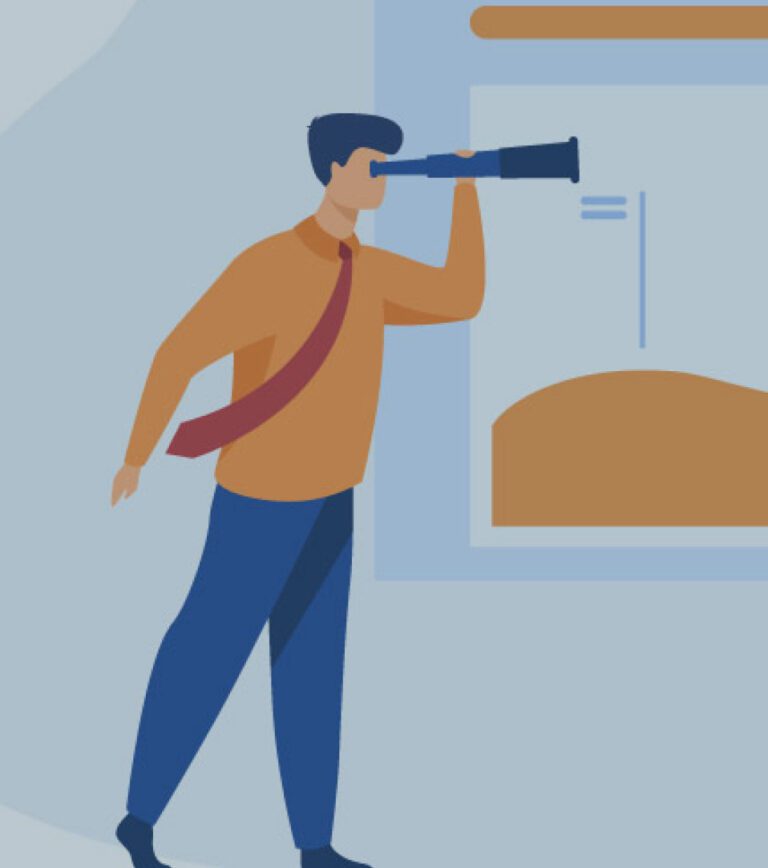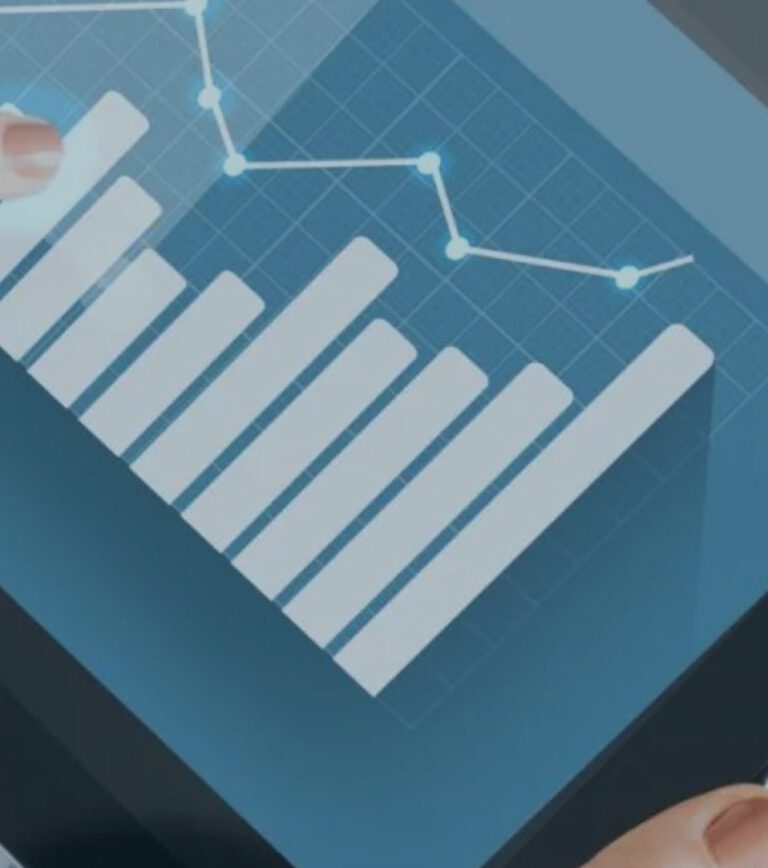There is no rest for the mattress industry when it comes to recycling. Through the work of the Mattress Recycling Council (MRC), which was created by the International Sleep Products Association (ISPA) to administer statewide mattress recycling programs in California, Connecticut, and Rhode Island, over 12 million mattresses and box springs have been recycled since 2015.
On average, as much as 75 percent, by weight, of each mattress is recycled with extracted steel, foam, fibers, and wood used in new products like construction rebar, carpet padding, insulation, and garden mulch. However, increasing mattress recycling rates further will take a multi-prong approach. Therefore, MRC is investing in research to improve recycling processes and find new uses for mattress materials by working with ISPA members to understand new materials and design innovations that will affect mattress recyclers in the future. To inform their research strategy, MRC undertook several studies, including a mattress composition analysis, a waste characterization study, and a life cycle analysis.
Life Cycle Analysis
An independent party conducted a life cycle analysis of MRC’s California 2021 operations and found that the materials recovered and reused due to MRC’s recycling program result in greenhouse gas savings that far exceed the environmental impacts of mattress collection, transportation, and recycling activities.
Looking holistically at the program, each recycled mattress reduces demand for water by 500 gallons, saves enough energy to power the average household for three days, and reduces greenhouse gas emissions by equivalent to driving 60 fewer miles. Using this data, MRC can now focus on reducing our environmental footprint by making mattress transportation more efficient. With over 12,000 loads of discarded mattresses transported annually, we can make our operations more sustainable by finding efficiencies in our network.
So, the study is now our touchstone in improving our operating efficiencies and an important reference point to guide future research projects.
The Research Program
To make mattress recycling sustainable and viable, we are investing nearly $1 million annually in research targeting mattress collection, transportation, and recycling activities. Since 2018, we have funded more than 20 projects to improve process efficiencies, recover more recyclable materials, improve end markets, and understand the composition of discarded mattresses and box springs. Our research efforts identify and fund projects that have the potential to achieve both short-term, high-impact results, as well as longer-term projects with multi-year horizons.
Applying the insights from the life cycle analysis, MRC recently tested a compression trailer in California to load more mattresses on a 53-foot trailer to reduce the number of hauls, fuel consumption, and overall transportation costs. The concept has been used in Europe to transport foam blocks more efficiently, and MRC believes the technology can be adapted to whole mattresses. These test results and conclusions will be posted to MRC’s research page later this year.
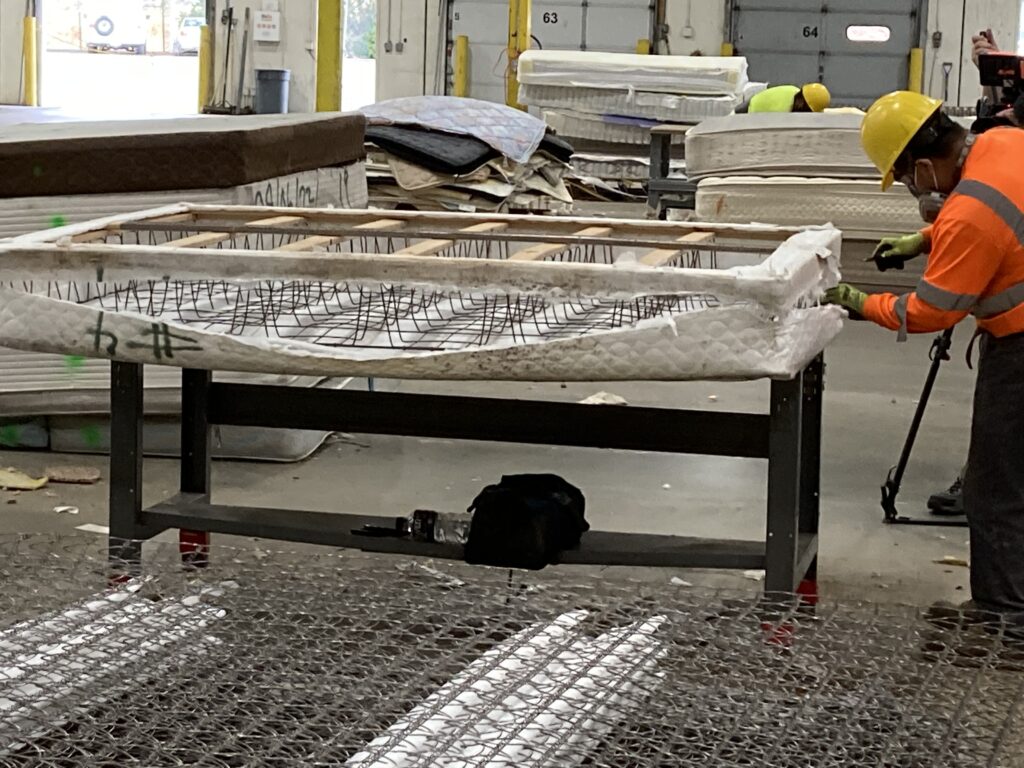
Two other recently completed projects include new uses for cotton and other mattress textiles.
In the first study, a commercial composter concluded that commercial-scale composting could be a viable solution for mattress recyclers seeking to divert their post-consumer cotton and coconut fibers (coir) from landfills. In the study, these old mattress components were shredded, mixed with green yard waste, and composted from October through December 2022 with positive results.
In the second study, a research team at the National Institute for Materials Advancement completed a 3-year study that successfully developed dual carbon and lithium-sulfur batteries using carbonized mattress fibers. The results were encouraging, with test data indicating that electrodes made from recycled cotton fibers, shoddy felt pads, and coir had significant performance advantages over common electrode materials, such as carbon black, graphene, and carbon nanotubes.
The findings are significant for several reasons. The rapid increase in rechargeable battery demand has created a global shortage of carbon feedstocks used to make electrodes. Recycled mattress materials, particularly non-woven textiles, may be an inexpensive, clean, abundant feedstock that can fill current and emerging needs. Presently, a large percentage of mattress textiles are landfilled due to a lack of economically viable markets. Creating a new market channel that uses these materials to make domestically produced carbon electrodes would have significant environmental benefits.
Encouraging Sustainability within the Mattress Industry
To support ISPA’s broader sustainability initiative, the Mattress Recycling Council is involved in several ongoing projects to foster circularity within the industry.
MRC is participating in ISPA’s second Sustainability Conference on Sept. 13-14. The event will feature a comprehensive workshop on developing a sustainability plan and sessions on sustainability in the bedding industry. Topics include product passports and traceability, exploring IKEA’s path to a circular economy for polyurethane foam, and how the industry is embracing innovation, sustainable materials, and production to design mattresses for the future.
MRC’s Sleep Products Sustainability Program (SP2) assists mattress manufacturers with improving their operating efficiencies in an environmentally conscious manner. The results are dramatic reductions in energy bills and nearly eliminating production waste previously landfilled. The program is currently open to California manufacturing plants. There are now four certified facilities.
MRC’s Industry Workgroup on Circular Design was formed to help members of the value chain take end-of-life recycling challenges into account when designing new mattress construction methods and components. MRC shares lessons learned from mattress deconstruction and recycling with the workgroup to identify strategies to reduce waste generation and create value by reclaiming post-consumer materials.
The objectives of MRC’s Industry Workgroup on New Materials are to identify end-of-life challenges posed by current products and materials available to consumers, advise MRC on anticipated long-term changes in product mix, and raise industry awareness about how design and marketing decisions affect recycling.
In our ongoing efforts to advance mattress recycling, Mattress Recycling Council continues to seek novel ideas across a broad range of topics to improve mattress collection, transportation, deconstruction, and end market development. MRC awards research contracts up to $100,000 for structured, milestone-driven projects that take and manage risks while encouraging collaboration. Interested parties should review our RFP and submit a brief abstract.
For more information on our programs and sustainability efforts, visit our website or contact us at info@mrc-us.org
Written by: Mike O’Donnell, Mattress Recycling Council’s Chief Operating Officer
